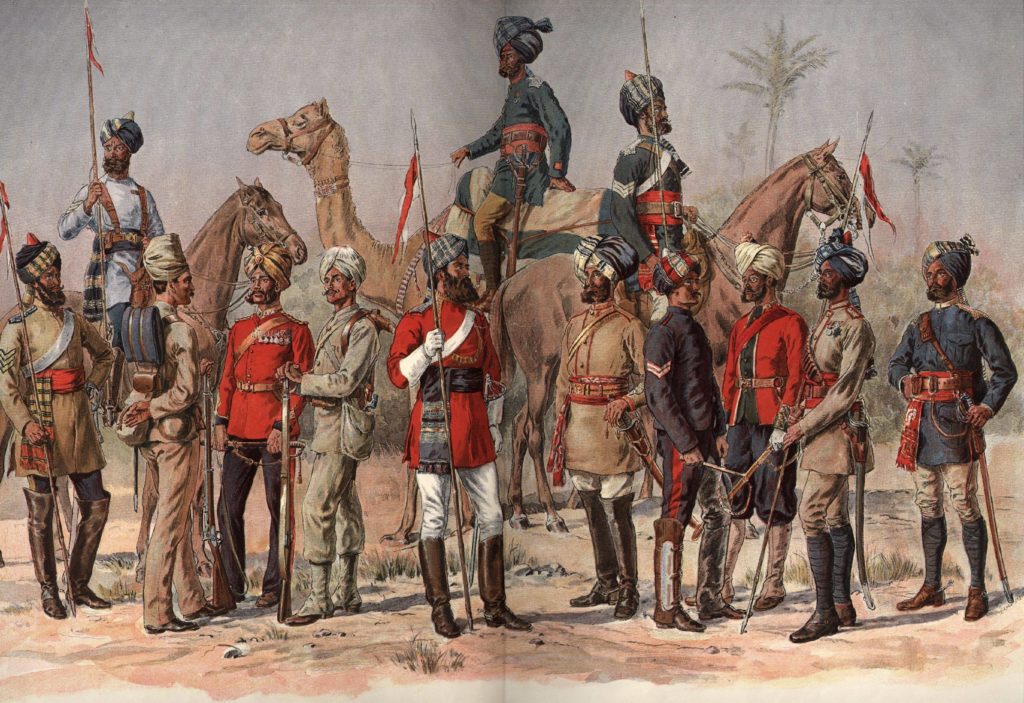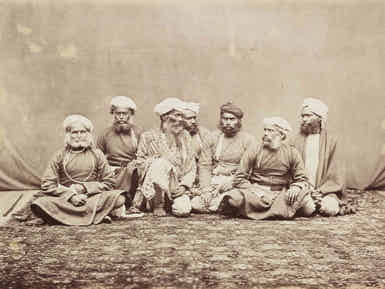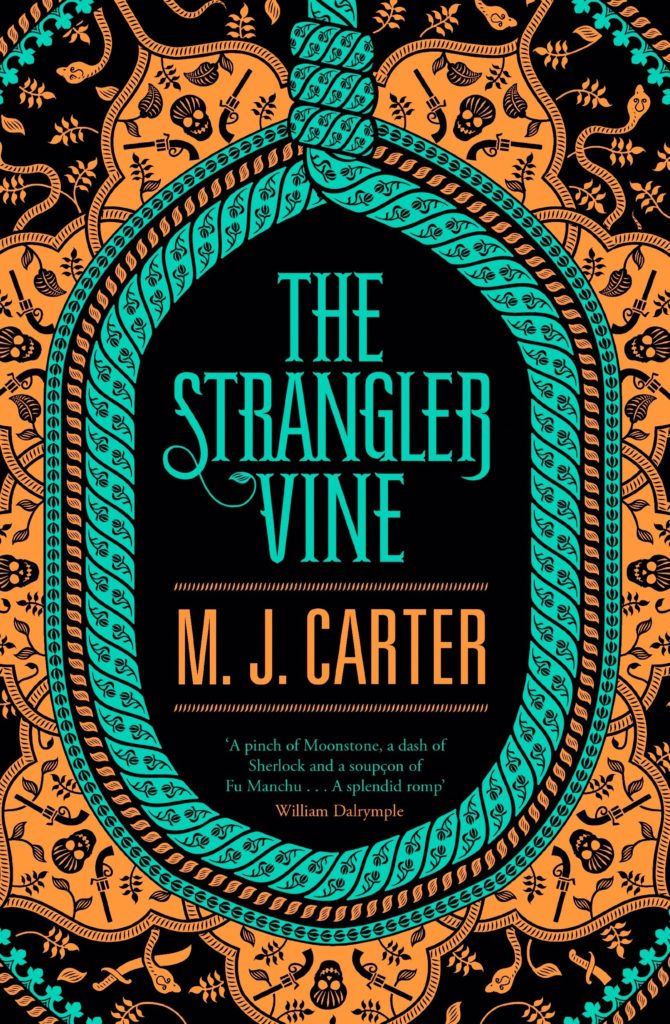Without glorifying the colonial days of India, Carter has sketched an enjoyable adventure within these pages. India in 1837, the heydey of the British East India Company is the backdrop for two exceedingly unlikely heros. Both are Company men, and neither is happy about it.
William Avery is young and finds himself broke in Calcutta. He has gambled away his entire salary and sold his few precious belongings. He is overextended on credit and only wants to return to England. Yet, he has no other prospects than to continue working for the Company and try to find his way out of debt.
Jeremiah Blake has seen far too much in his time with the Company and has retreated into a lonely existence. He is reluctantly coaxed out for this one mission, on the promise of retirement from the Company. Blake gathers his final threads of duty and dignity for the job.
The Company pairs the two and are told to find a wayward Company man turned radical poet, Xavier Mountstuart, somewhere in the northern provinces. His thinly-veiled last work was a harsh criticism of the Company and its society. After its publication, he escaped to a rural area, supposedly to research Thuggee culture for his next epic poem.

The novel is reminiscent of the opening pages of The Moonstone and the sacking of Seringapatam (not to mention a main character named Blake). But instead of returning to the safe parlors of England, where India is a romantic, idealized notion, the book stays with Blake and Avery as they hack through the jungle (or jangal, as they call it), home of the so-called strangler vine.
But they have more to contend with than nature. The very people Mountstuart is seeking are known to be the most ruthless of killers in the nation. They find unsuspecting prey, befriend their targets over the course of a few days, eating and drinking. Then when the stranger has let down his guard, they strike.
The Thugs were a particularly monstrous species of bandit gang — notorious for strangling unwary travelers using a special scarf called a “rumal” as a sacred ritual to the goddess Kali — whose existence had only relatively recently been exposed. They were an ancient and secret fraternity with their own customs and language and a reach across the whole of India, and they were responsible for thousands of deaths — one Thug had confessed to over nine hundred murders. They were undeniably fascinating and macabre… ~Pg. 28

But it is soon clear that dangerous natives are not the most ruthless they will encounter. They fend off despotic rajs, suspicious locals, and duplicitous Company men along the way. Despite the constant struggles they seek the poet as instructed. In their life and death skirmishes, the Blake and Avery have to rely on one another.
For hour after hour we stumbled on, fear and opium lending power to our lims. Past sal tree after sal tree, past strangler vines, past shrilling birds and inscrutable monkeys, over twisting roots, broken creepers, through clouds of quiet yellow butterflies, on small paths worn by the feet of animals that led nowhere. … After a while the trees seemed to swell into one curtain of punishing green, and the strangler vines seemed like nooses, and the noise of the jangal became one long screech. ~Pg. 283
They slog their way through the unwelcome adventures even as they realize the futility of their mission on a larger scale. And the characters are anything but static. Avery in particular fumbles his way through massive realizations, and Blake comes to terms with his inner demons.
Those who love The Three Musketeers, or similar swashbuckling tales with political intrigue are bound to enjoy The Strangler Vine.
Many thanks to Putnam for the review copy.
_______
Hardcover
Publisher: G.P. Putnam’s Sons / Penguin
Date: March 31, 2015
Language: English
ISBN-10: 0241146224
ISBN-13: 978-0241146224
Product Dimensions: 6.4 x 1.3 x 9.4 inches
Shipping Weight: 1.3 pounds

